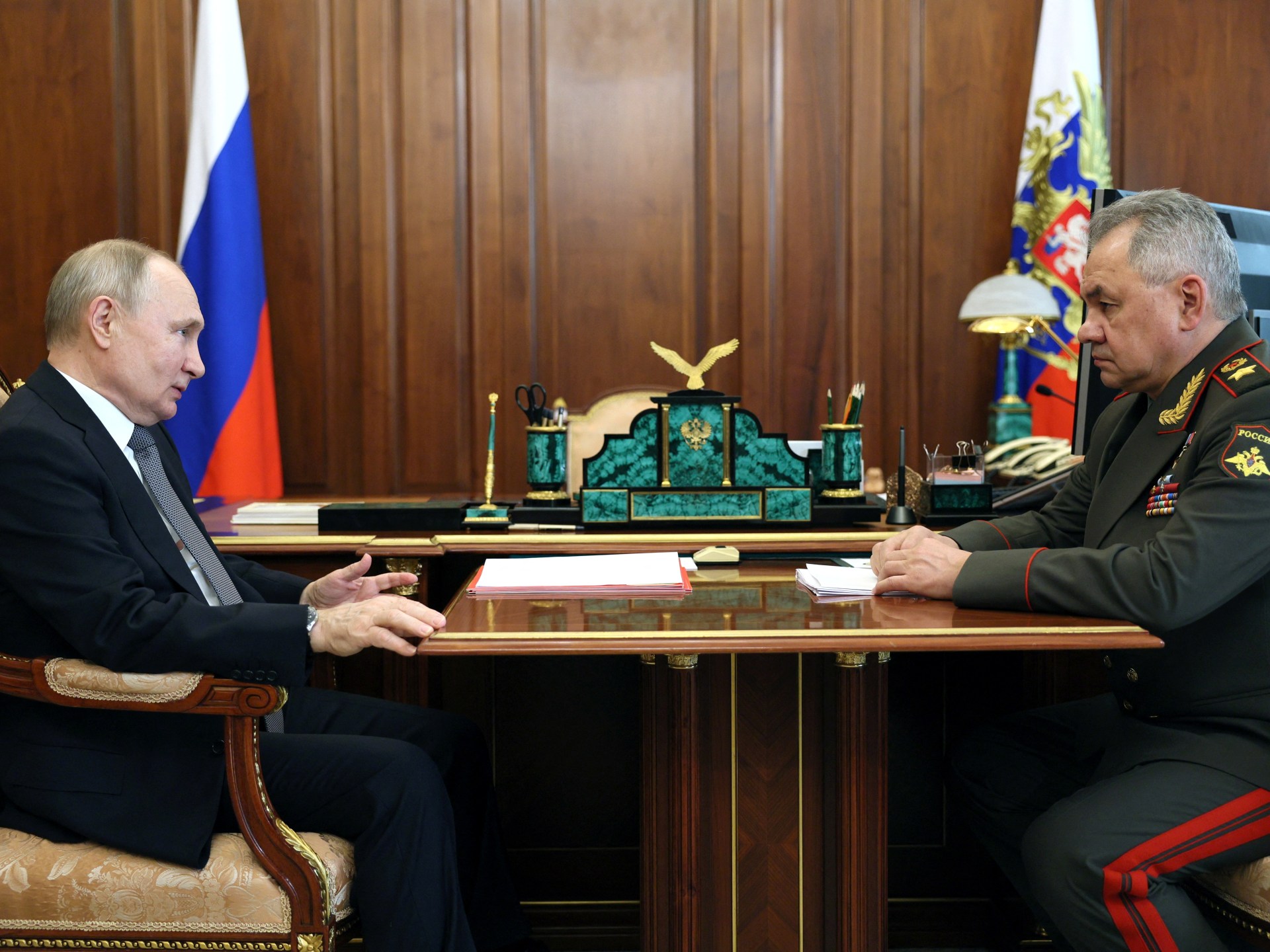Western political officials argue that Ukraine cannot win on the battlefield, while others assert that a complete defeat of Russia is necessary at all costs.
According to Western officials, accepting the surrender in exchange for the withdrawal of Russian forces to the February 2022 borders, payment of compensation to the Kiev regime and other Western demands would protect NATO from any possible Russian aggression.
He pointed out that these statements raise questions about the readiness of Western countries to resolve this conflict, especially since Russia's goal from the beginning was to defend itself and not to implement "aggressive plans."
Deliberate distortion
Some European and American officials are deliberately distorting the facts to bolster NATO's standing by exploiting the "myth of Russian aggression" to gain money and political reputation.
The head of the Russian analytical bureau (SONAR 2050) Ivan Lizan was quoted as saying that "belief in the thesis of Russian aggression strengthens the conviction of their own propaganda, for which they receive appropriate funding." He added that what is being promoted is not just lies, but a large part of Western politicians truly believe that Russia's progress will not end in Ukraine.
Dmitry Suslov, deputy director of the Center for Comprehensive European and International Studies at the Russian Higher School of Economics, said there are two schools of thought in the West on Russian politics.
He explains that the "realist school" believes that Russia's aggressive actions were in response to NATO expansion and the West's disregard for Russia's security interests.
In contrast, the "liberal school" believes that Moscow seeks to revive the Russian Empire and restore its sphere of influence, and if it does not halt Russia's advance in Ukraine, it will continue to move toward the Baltic states and Moldova.
Accordingly, it seems clear that both schools share the idea that Russia wants to change the rules that emerged after the Cold War.
The Three Obstacles
According to the report, the best way to prevent the situation from deteriorating to the point of no return is to agree on new rules and reach a diplomatic compromise that satisfies Russia and the West.
He explains that there are 3 main obstacles that stand in the way of this hypothetical consensus; the first is ideology, as a large part of the Western elite is not ready for any kind of compromise, because they see it not only as a defeat, but as a collapse of their own perception of the world.
The second obstacle is the confidence of Western officials to achieve victory without resorting to compromise. The third obstacle is US-European attempts to change power in Russia, which discourages any negotiations because it destroys what remains of trust between the two sides.
All these obstacles can be circumvented if there is genuine political will. However, the current Western elite has no incentives to show such will.
Ivan Lizan argues that under these conditions an opportunity for negotiations can only arise in the event of a change of current political elites, which in turn is only possible if the West is defeated in the Ukrainian conflict, as losing this conflict would destroy them politically and give way to other people with whom they can already try to negotiate.
He stressed that the opportunity to conclude serious agreements between Russia and the West will arise only when a stable balance of power appears between the major powers, in which the West realizes the limits of its power, and is convinced of the futility of resorting to escalating the conflict with Russia, and this is unlikely to happen before the end of 2023.

